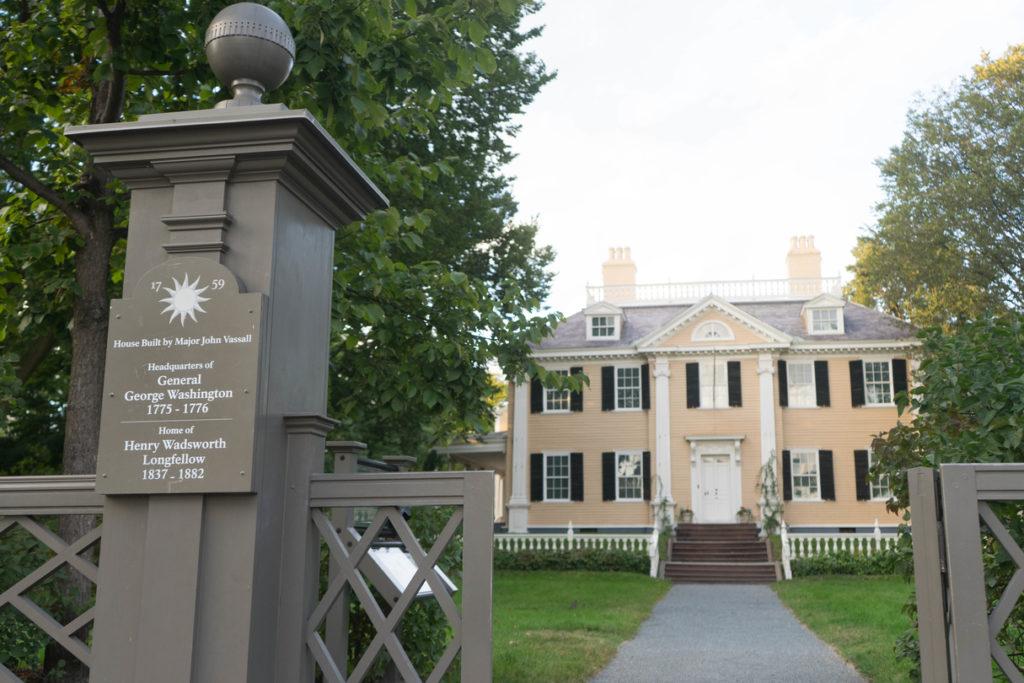Expanding the long history of the Longfellow House
September 29, 2016
Built in 1759, the Longfellow House of Cambridge, Massachusetts has quite the history. A National Historic Site, the house served as George Washington’s headquarters during the Revolutionary War. If that wasn’t enough, the site was later home to poet Henry Wadsworth Longfellow from 1837 to 1882. Now, Northeastern University has received a grant from the National Park Service to help showcase the property’s expansive history.
Elizabeth Law, site manager for the Longfellow House says the main reason for the grant is to update its national register nomination and documentation.
“The site was designated a National Historic Landmark in 1962 and listed on the National Register of Historic Places in 1966,” Law said. “The documentation written then and in subsequent years is now outdated and requires revision, using more recent criteria developed by the National Register of Historic Places.”
The project is headed by Northeastern faculty members Martin Blatt, a history professor and director of the public history program, and Victoria Cain, an assistant professor of history.
The two professors plan to expand the time period documented in the house. Blatt says that they would like to investigate how slavery, abolitionism and other social reforms influenced the history of the house and those who lived there.
“The site has done some research on that, and we are going to do some digging into that and make some recommendations about how that could be interpreted to the public,” Blatt said. “That’s important history.”
Blatt worked in the National Parks Service for 24 years before coming to Northeastern. During that time he met Christine Arato, the National Parks Service’s northeast regional historian. Arato got in touch with Blatt about the project, informing him about the work that needed to be done at the site.
“I spoke with my colleague Victoria Cain, and she and I thought that this would be a great opportunity to develop a formal relationship with the National Parks Service,” Blatt said, “So with Christine Arato’s encouragement we put in a proposal and we were happy to learn that it was accepted.”
Blatt and Cain will be assisted by a team of cultural and social historians, landscape historians, archaeologists and graduate students.
As a personal goal, Cain hopes the work will show students that history has real stakes.
“The study of it can and does affect the way that people well beyond the confines of the academy, are going to go and visit the house and the history there will affect how they think about the world.”
The Northeastern team will hold its first meeting as soon as next week and plans to begin work at the site this winter.
Photo by Alex Melagrano












